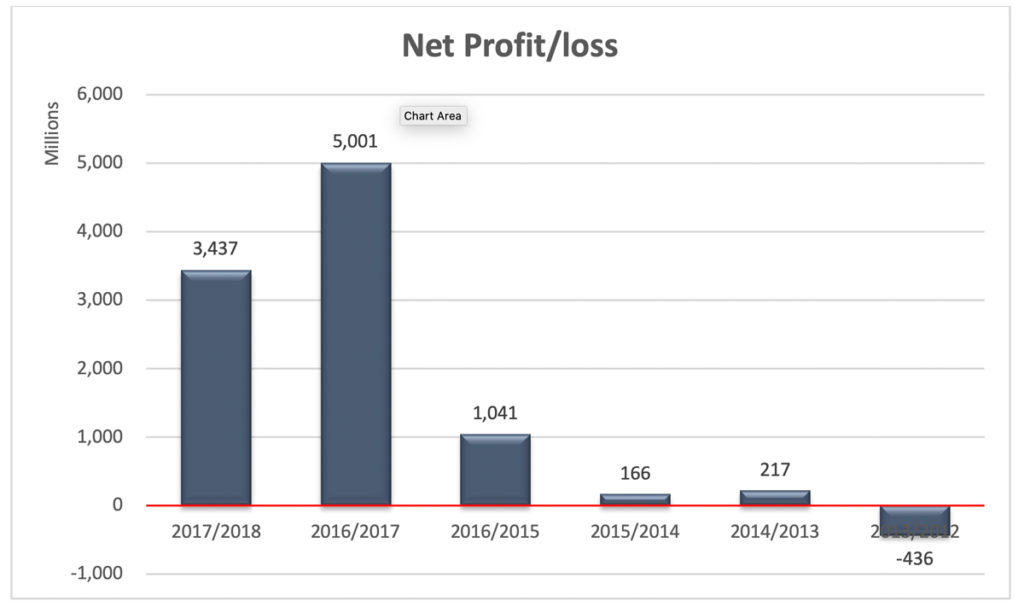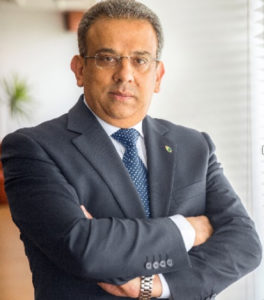Intense employee engagement has helped turn around Egypt Post’s fortunes – it’s now forging ahead in B2C deliveries and profitability. Marek Różycki, Last Mile Experts, and Ian Kerr, Postal Hub Podcast, reveal the strategy behind this transformation
At the 2019 UPU CEO Forum, Egypt Post’s chairman Essam El-Saghir gave an inspiring speech on one aspect of how he is leading transformation within the post.
Like many operators, Egypt Post is an inveterate institution with traditional procedures and processes. The post’s customers are also quite traditional in their approach.
Modernizing Egypt Post’s nationwide network while maintaining the universal service obligation – irrespective of cost recovery – would seem, for many, to be an impossible task.
In 2015, Egypt Post processed 97% of mail manually. Mail volume estimated at more than 100 million items was being processed manually by 20,000 employees across 42 sorting centers and 4,000 post and delivery offices.
At that time, Egypt Post’s parcels business served the C2C customer base, with no readiness or capability to service B2C customers. Despite its wide network and variety of services, the postal operator’s business model failed to address B2C customers’ needs due to manual operations or legacy systems that impeded improvement of operations, quality of service and new customer-centric features.
A new agent for change
In 2015 Essam El-Saghir arrived with new ideas and, equally important, plans to make them happen. The post had to maintain its core role as the universal service provider while transforming its operations.
In a nutshell, Egypt Post’s new chairman decided to improve customer experience via:
- Making significant investments in technology, infrastructure and the automation of the postal network and enhancement of network connectivity all over Egypt;
- Enhancing operations and adopting innovative processes;
- Implementing and monitoring key KPIs;
- Becoming more customer focused;
- Implementing new staff training and incentive programs and improve the working environment; and
- New e-commerce partnerships.
Essam El-Saghir and the Egypt Post team seem to have made their apparently impossible task possible while actually improving profitability. In fact, revenues have grown each year since 2015 and the post has moved from a loss of EGP450m (US$28m) to net profit of EGP11.6bn (US$732m) over the past four years. Simultaneously parcel volumes have grown.

One particularly interesting element of the model was the new staff motivation system, which has meant employees share 10% of profits made at branch level. This has led to a dramatic improvement in staff engagement, which has in turn resulted in a better customer experience. This ‘win-win’ model is one of the underlying elements of Egypt Post’s successful turnaround.
In the words of El-Saghir, “Changing the hearts and minds of the workforce as we proceed in transformation is a vital part of that process of creating believers and virtual owners of the organization at large.”
But it’s not just the head of the organization that sees benefit in this new approach. Here’s what an employee at one of Egypt Post’s branches had to say: “We shared the revenue for each additional customer, this had a great impact on our income and that was a great motivation for us.”
Conclusion
Egypt Post’s success shows that, even in countries with difficult legacy issues, good management and a clear plan can succeed. Free market mechanisms appear to have helped where administrative controls couldn’t in this case. The issue now will be how the Egypt Post team and its charismatic leader exploit their initial success. We are confident that if they continue on the path of customer-centric innovation, then Egypt Post’s success will be solidified.
Biography
Essam Mohamed El-Saghir, chairman of Egypt Post
 Essam El-Saghir, was appointed as the chairman of Egypt Post in 2015; he is responsible for the transformation program of Egypt Post. El-Saghir is known for his visionary strategy for developing the organization and he leads many development projects that have increased the business revenues in the past four years.
Essam El-Saghir, was appointed as the chairman of Egypt Post in 2015; he is responsible for the transformation program of Egypt Post. El-Saghir is known for his visionary strategy for developing the organization and he leads many development projects that have increased the business revenues in the past four years.
El-Saghir’s mandate also included transferring the automated services and processes into advanced e-services provided by smart governments with the highest level of quality and control standards and major reduction in operational costs.
 Ian Kerr is the founder and host of the Postal Hub Podcast, the weekly podcast for the postal and delivery sectors.
Ian Kerr is the founder and host of the Postal Hub Podcast, the weekly podcast for the postal and delivery sectors.

Marek Różycki is managing partner at Last Mile Experts, specializing in CEP and e-commerce last-mile advisory.


